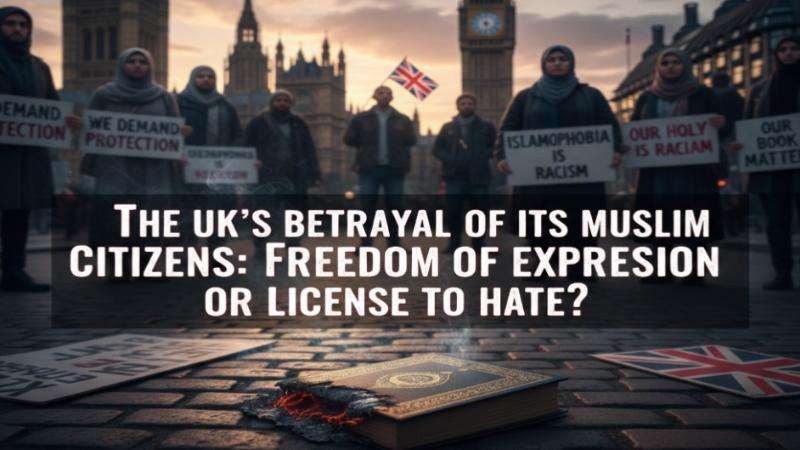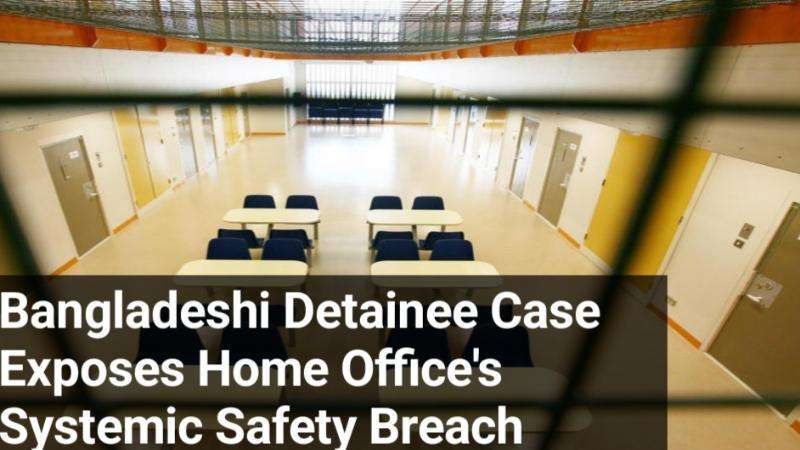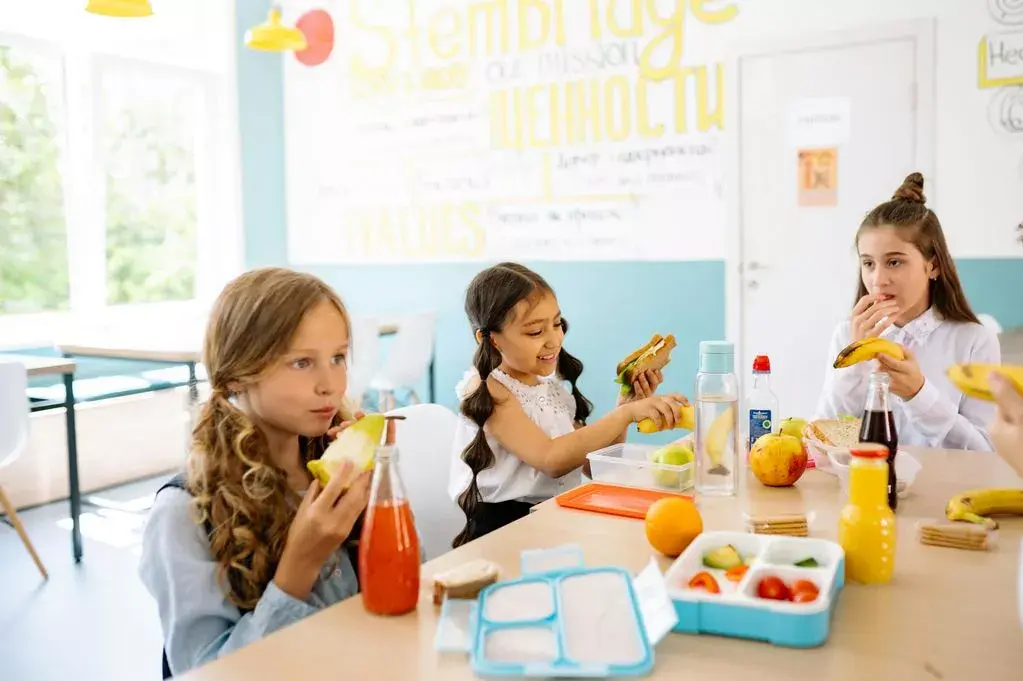The expansion of free school meals to all pupils from families receiving Universal Credit has been welcomed as a positive step toward reducing child poverty. However, charities and economists are urging the government to go further by scrapping the two-child benefit limit.
While the initiative, set to begin in England from September 2026, is expected to ease financial pressure for many households, organisations like the NSPCC, Action for Children, and the National Children’s Bureau insist that removing the cap on child benefits is essential for meaningful progress.
The two-child limit, introduced in 2017, restricts access to Universal Credit and Child Tax Credit for families with more than two children, impacting thousands of households.
According to the Department for Educatio⁷n (DfE), over 500,000 more pupils will become eligible for free school meals under the new policy, potentially saving families around £500 per child per year. Nearly 2.1 million pupils (about 24.6% of all students in England) were already eligible as of January 2024. The DfE claims the expansion could lift up to 100,000 children out of poverty.
However, the Institute for Fiscal Studies (IFS) cautioned that the impact might be less dramatic in the short term, with transitional protections already in place inflating the current figures. The IFS estimates the real near-term impact may be significantly smaller, benefiting fewer children and costing less than expected.
Chris Sherwood, chief executive of the NSPCC, praised the move but emphasized the need to eliminate the two-child cap, which he says could lift more than 350,000 children out of poverty if combined with a broader anti-poverty plan.
Paul Carberry of Action for Children echoed the sentiment, calling the move important but insufficient on its own to meet the Prime Minister’s child poverty reduction promises.
Labour leader and Prime Minister Sir Keir Starmer said the policy was a major intervention to support families, combat poverty, and give every child an equal chance. Education Secretary Bridget Phillipson added that the initiative is part of a larger government plan to tackle poverty and level the playing field for all children.
Anna Feuchtwang of the National Children’s Bureau called the free meals expansion a “down payment” on a more ambitious autumn child poverty strategy, which she believes should include scrapping the two-child limit.
The IFS noted that while universal free meals could positively affect children’s health and learning, eliminating the two-child limit might be a more cost-effective way to reduce child poverty.








.svg)
